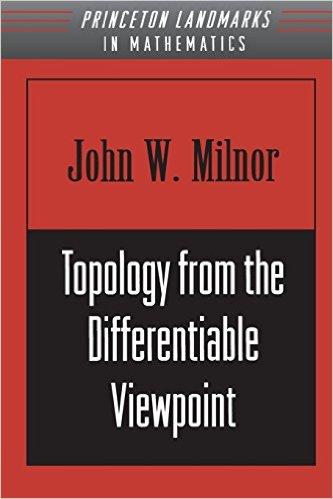Understanding the Differences: Is a Jumbo Loan a Conventional Loan?
#### What is a Jumbo Loan?A jumbo loan is a type of mortgage that exceeds the conforming loan limits set by the Federal Housing Finance Agency (FHFA). These……
#### What is a Jumbo Loan?
A jumbo loan is a type of mortgage that exceeds the conforming loan limits set by the Federal Housing Finance Agency (FHFA). These limits can vary by region, but generally, a loan amount above $647,200 (as of 2022) in most areas is considered a jumbo loan. Jumbo loans are not backed by Fannie Mae or Freddie Mac, which means they carry more risk for lenders.
#### Is a Jumbo Loan a Conventional Loan?
To answer the question, "is a jumbo loan a conventional loan," we need to clarify the definitions of both terms. A conventional loan is a type of mortgage that is not insured or guaranteed by the federal government. This category includes both conforming loans, which meet the FHFA limits, and non-conforming loans, which includes jumbo loans. Therefore, while all jumbo loans are conventional loans, not all conventional loans are jumbo loans.
#### Key Differences Between Jumbo Loans and Conventional Loans

1. **Loan Limits**: As previously mentioned, the primary difference between jumbo loans and conventional loans lies in the loan limits. Conventional loans must adhere to the conforming loan limits, while jumbo loans do not.
2. **Interest Rates**: Jumbo loans often come with higher interest rates compared to conventional loans. This is due to the increased risk lenders take on when financing amounts beyond the conforming limits.
3. **Down Payment Requirements**: Jumbo loans typically require a larger down payment, often around 20% or more, whereas conventional loans may allow for lower down payments depending on the lender and the borrower's credit profile.
4. **Credit Score Requirements**: Borrowers seeking jumbo loans usually need a higher credit score compared to those applying for conventional loans. A score of 700 or higher is often required for a jumbo loan, while conventional loans may accept lower scores.

5. **Debt-to-Income Ratios**: Lenders may have stricter debt-to-income (DTI) ratio requirements for jumbo loans. A lower DTI ratio indicates that the borrower has a better ability to manage monthly payments, which is crucial for larger loan amounts.
#### Benefits of Jumbo Loans
- **Financing Higher-Priced Properties**: Jumbo loans allow buyers to purchase homes that are above the conforming loan limit, making them ideal for high-value real estate markets.
- **Flexibility in Terms**: Some lenders may offer more flexible terms for jumbo loans, including adjustable-rate options that can be beneficial for certain borrowers.

#### Conclusion
In summary, while the question "is a jumbo loan a conventional loan" may seem straightforward, it highlights the nuanced differences between these two types of mortgages. Understanding these distinctions can help potential homebuyers make informed decisions when navigating the mortgage landscape. Whether you're considering a jumbo loan for a luxury property or a conventional loan for a more modest home, being aware of the requirements and implications of each type can lead to a more successful home-buying experience.